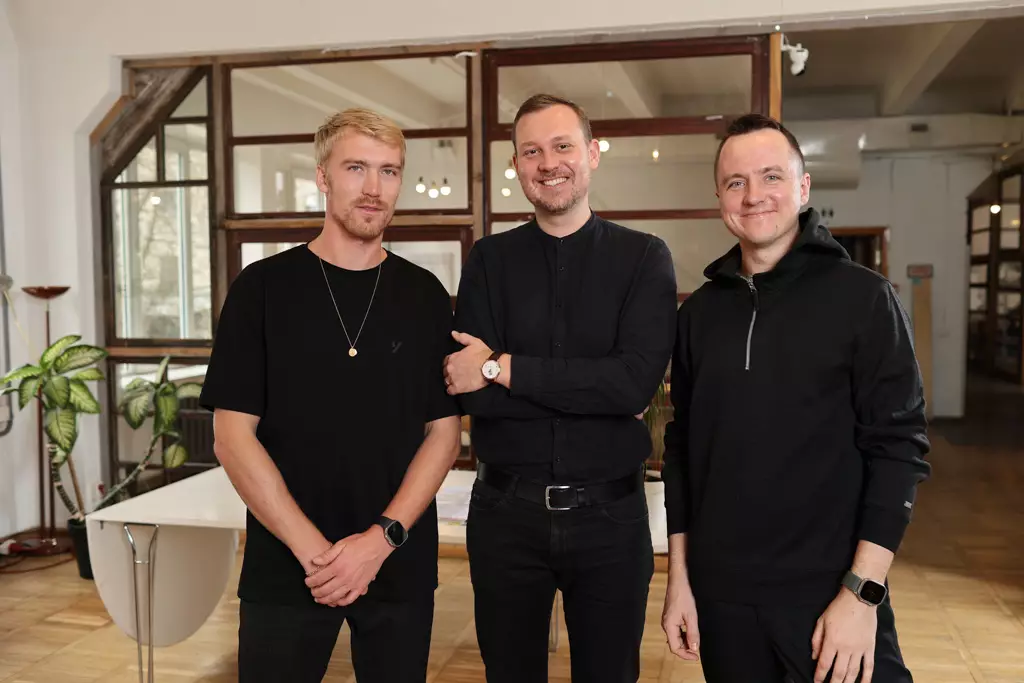The landscape of product engineering is rapidly evolving, driven by the necessity for precision and efficiency. In a world where manufacturers must respond swiftly to market demands, the development of accurate digital simulations has become vital. These simulations facilitate the creation of prototypes, enabling engineers to analyze the real-world performance of materials before production. While traditional software platforms, such as those developed by IBM and Dassault, have dominated this field, a new wave of innovative startups, empowered by generative artificial intelligence (AI), is emerging to transform the industry.
Among these startups is Trace.Space, which has emerged as a significant player in the product development arena from its base in Riga, Latvia. This platform aims to empower engineers in the creation of complex industrial products, particularly in sectors that require a high level of precision, including automotive, aerospace, and medical devices. The urgency of this transformation is underscored by the increasing pressures faced by Western manufacturers. They must compete against Asian counterparts who often operate at a faster pace, prompting a race to innovate and expedite product development processes.
Trace.Space distinguishes itself through its adoption of a cloud computing infrastructure, in contrast to traditional ‘on-premise’ solutions. This modern approach fosters greater collaboration among manufacturers and suppliers by enabling shared access to product requirements. As a result, response times are significantly reduced, streamlining the entire engineering process. Janis Vavere, the co-founder and CEO of Trace.Space, aptly pointed out the challenges faced by major companies as they grapple with the increasing complexity of regulated products. Legacy tools, some of which date back to the late 1980s, are struggling to keep up with contemporary demands.
Vavere’s experience with Jama Software highlighted the need for a comprehensive, cloud-based solution that integrates AI into the design process. He remarked on the current zeitgeist, emphasizing that the fusion of modern software architectures with AI is crucial for the future of product engineering. According to him, companies are urgently seeking advanced tools that can meet increasing design complexities and operational challenges.
Trace.Space’s technological framework is not simply an “AI wrapper,” as Vavere stated. Instead, it employs sophisticated AI models like Llama, alongside deterministic AI libraries and components from OpenAI’s large language models (LLMs). This diverse technological integration positions Trace.Space as an innovative alternative in a market that requires agility and advanced capabilities. The team behind Trace.Space comprises individuals with substantial backgrounds in software design and operations. Each co-founder brings a wealth of expertise from leading companies like Jama Software and Lokalise, ensuring that Trace.Space is well-equipped to meet the challenges posed by modern product engineering.
With its recent seed funding of $4 million, Trace.Space is poised to make significant strides in the arena of product engineering. As industries increasingly seek AI-driven, collaborative solutions that can handle complexity with ease, platforms like Trace.Space illustrate the transformative potential of modern technology in traditional manufacturing settings. The fusion of cloud infrastructure and generative AI may very well redefine what is possible in product design and development, creating a more efficient pathway to innovation.

